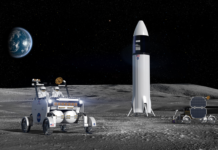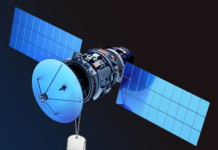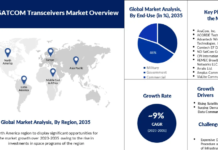According to a joint report by IESA, Nasscom and Roland Berger, India is the seventh largest (A&D) market globally.
The market opportunity for aerospace and defence (A&D) electronics in India is pegged to be at USD 70-72 billion in next 10-12 years, a report today said. According to a joint report by IESA, Nasscom and Roland Berger, India is the seventh largest (A&D) market globally.
“India has needs to modernise its A&D capital equipment base by addressing obsolescence as well as build additional capability through new capital acquisition. This requirement is also supplemented by additional budgetary allocations of the Ministry of Home Affairs for paramilitaries and state police force requirements,” the report said. All of this results in India being substantially attractive as an A&D market, it added. “The total market opportunity for A&D electronics for India to ranges from USD 70-72 billion in next 10-12 years,” the report said.
Of this, almost USD 53-54 billion emanates from electronics spend as part of platforms, while another USD 17-18 billion of demand comes from projects that are traditionally called system-of-system projects like Indian Army’s Project TCS, BMS etc, it added.
“The size of strategic electronics is projected to grow to USD 72 billion from the present USD 1.7 billion market and this indicates immense potential as there exists a significant gap between supply and demand,” NITI Aayog member V K Saraswat said.
“Though India is considered as a ‘soft power’ in the space, we are yet to witness a single Indian company that develops strong end-to-end Aerospace and Defence software solutions. As a result, we keep depending on foreign companies,” he added.
He also said the return on investments in the defence electronics industry in India is long term and players need to have a long-term view. “We expect the government to support startups in the defence electronics industry in India. Defence manufacturing shifts globally has seen the wave 1 from US to Japan, wave 2 from Japan to Europe, wave 3 from South East Asia to China and want wave 4 to be from China to India,” he added.
The report said there are certain issues that need to be addressed, which includes lack of visibility and delays in award of contracts, streamlining transfer of technology and push manufacturing in India.
“It is important for us to create an arrangement for technology transfer with more advanced nations and the role of the government will be significant here. They should create an environment for the domestic players to cross-pollinate knowledge and technologies with other countries,” Nasscom President R Chandrashekhar said.
Source: http://www.indianexpress.com/



















